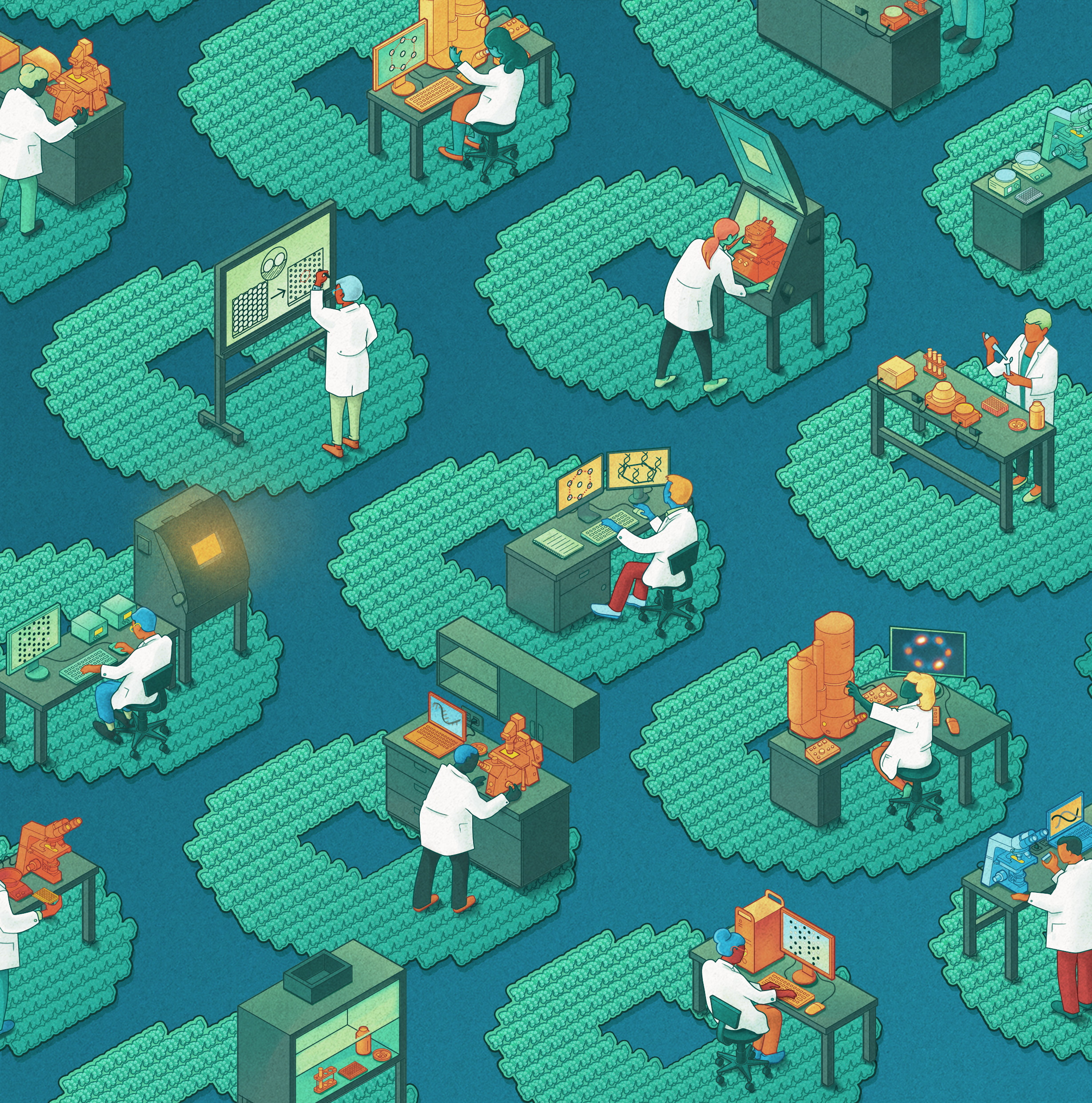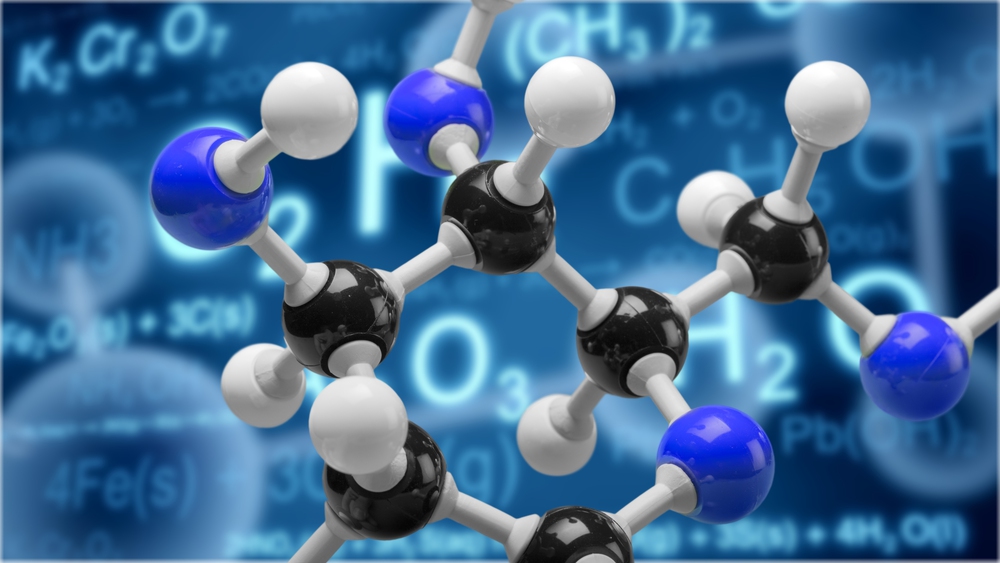Investigating Cosmic Snowballs – Professor David Jewitt, University of California, Los Angeles
Original Article Reference
https://doi.org/10.26320/SCIENTIA169
Share Episode
About this episode
Professor David Jewitt and his team at UCLA explore the nature of comets. These fleeting visitors to our cosmic shore are important sources of information, and can help to reveal the origin and evolution of the solar system. Most recently, Professor Jewitt’s team have explained the unusual activity of some of the most distant comets in the solar system.
This work is licensed under a Creative Commons Attribution 4.0 International License.  What does this mean? Share: You can copy and redistribute the material in any medium or format Adapt: You can change, and build upon the material for any purpose, even commercially. Credit: You must give appropriate credit, provide a link to the license, and indicate if changes were made.
What does this mean? Share: You can copy and redistribute the material in any medium or format Adapt: You can change, and build upon the material for any purpose, even commercially. Credit: You must give appropriate credit, provide a link to the license, and indicate if changes were made.
Related episodes
Dr Rishabh Shetty | A Novel Method for Standardizing Single Molecule Studies
Studying single molecules provides researchers with unique insights into biological mechanisms and processes and allows them to visualise microscopic structural and functional differences. However, results can be unpredictable, and investigations are labour-intensive and expensive, often requiring extensive training and highly specialised laboratory equipment. Dr Rishabh Shetty and colleagues at Arizona State University, the California Institute of Technology, and the Massachusetts Institute of Technology, USA, have recently developed a simplified single-molecule assessment technique to overcome these limitations with a view to increasing accessibility and precision in molecular-level research.
Henry DeGroot – Dr Timothy Hanusa | Grinding Towards Greener Chemistry: Synthesis Without Solvents
In the world of chemistry, solvate-assisted grinding is a new method that could revolutionize how we make important chemical compounds. Researchers Henry DeGroot and Dr. Timothy Hanusa at Vanderbilt University have developed this technique, which uses mechanical energy instead of traditional liquids. This not only makes the process more efficient, but also reduces pollution. It could lead to better medicines, advanced materials, and cleaner chemical production methods.
Thomas Kleinig | Preventing Satellite Collisions with Ionospheric Drag
Satellites are vital to modern civilization, powering the GPS in our phones, enabling long-range communication, and giving us insights into Earth’s climate and the universe beyond. We now launch thousands of new satellites into space each year, dramatically increasing the risk of collisions. Such satellite collisions create debris that can damage more satellites. Thomas Kleinig and his colleagues are developing and testing a new approach to avoid collisions by exploiting a unique property of the thin atmosphere that satellites travel through.
Dr George Rupp | Modelling Mesons: Uncovering Subatomic Particle Interactions
To understand how the smallest known particles in our universe form structures, scientists need to use sophisticated mathematical models and techniques. These help scientists to estimate the energies of these particles, to work out how they combine and interact. In a recent paper, Dr Eef Van Beveren from the Centre for Physics of the University of Coimbra and Dr George Rupp from the Centre of Physics and Engineering of Advanced Materials of the University of Lisbon review the techniques that have led to scientific discoveries about mesons – subatomic particles that exist for tiny fractions of a second. They also discuss how such techniques may evolve into the future.
Increase the impact of your research

Step 1 Upload your science paper
Step 2 SciPod script written
Step 3 Voice audio recorded
Step 4 SciPod published




